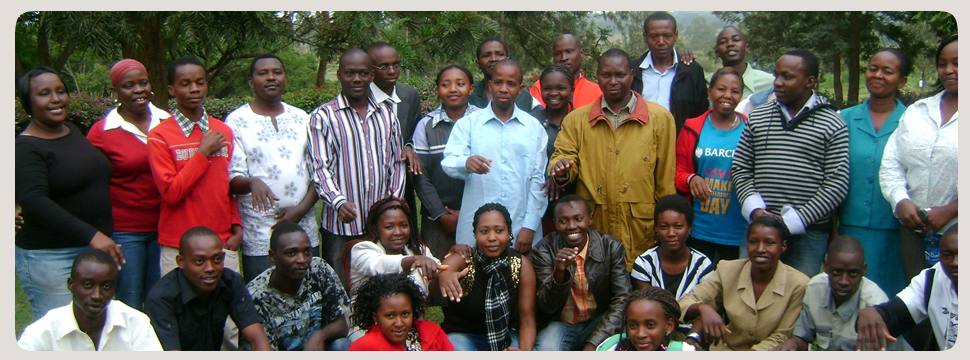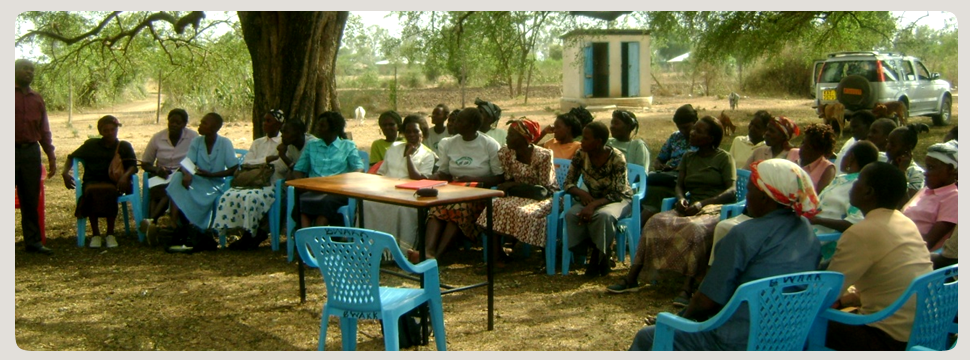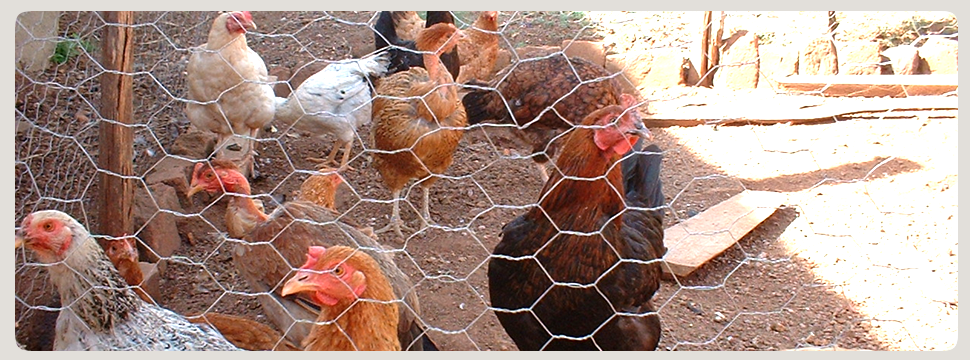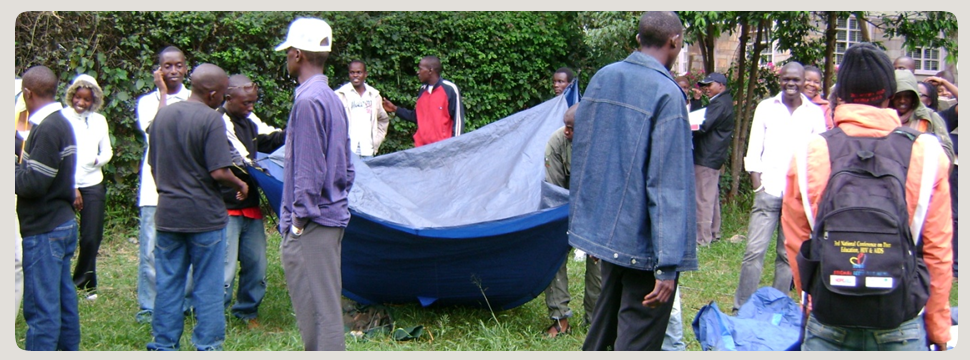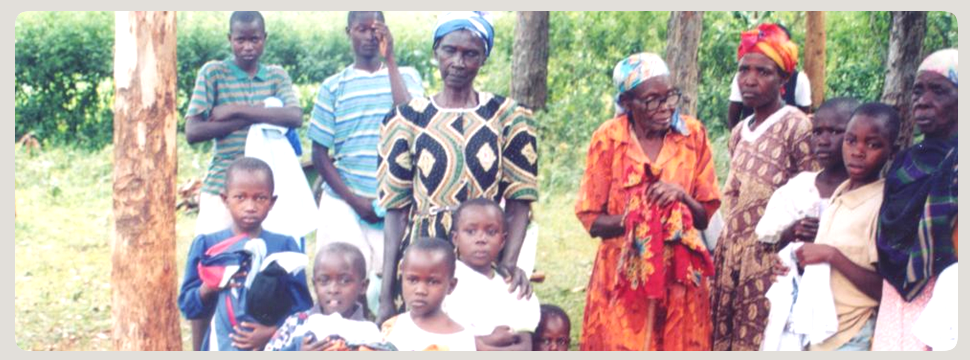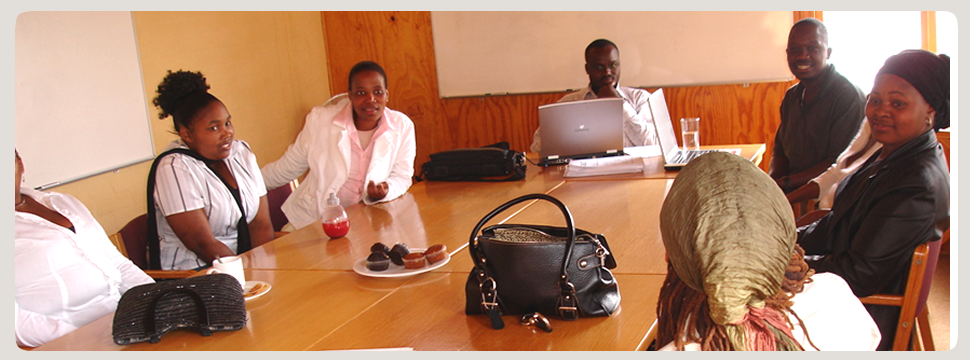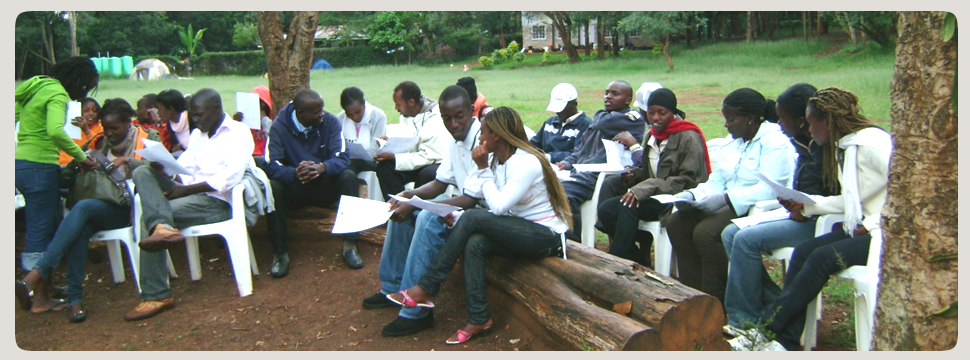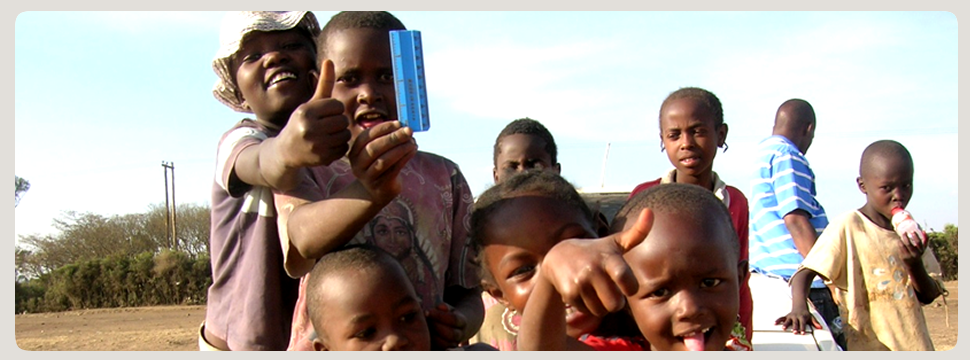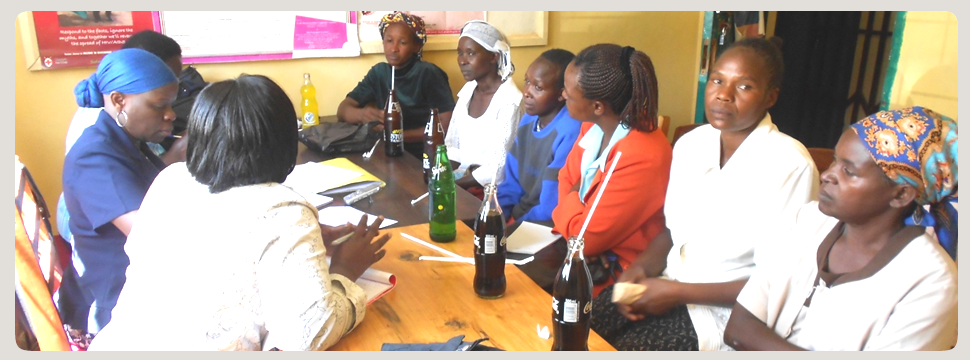CCBI implements project monitoring and evaluation for community organizations, NGOs, private sector bodies and international organizations. Participatory approaches are used including participatory rural appraisal (PRA), participatory learning and action (PLA), needs assessment (NA) studies, and participatory impact monitoring (PIM). Tools and strategies used in monitoring and evaluating projects include focus group discussions (FGDs), key informant interviews (KII), structured and non-structured questionnaires, and exit interviews.
CCBI conducts baseline/benchmark studies in order to asses the pre-implementation status of projects and programs, and to gather information prior to implementation of such programs.
Knowledge management programs including data management, management of information systems, and information and communication technology programs are key areas in the activities of CCBI.
CCBI organizes fora including meetings, workshops, seminars, and conferences on behalf of institutions and organization. The main purpose of the fora is to disseminate information and enhance knowledge and skills to groups from CBOs, NGOs, Private Sector Organizations (PSO), and regional and international bodies.
Training workshops are organized and held in the areas of health, agriculture, environment, income generation and poverty alleviation. The trainings aim to improve the skills of the participants in project management including data collection and processing, logical framework and indicators, reporting, and construction and use of monitoring and evaluation tools.
Training workshops are also held to enhance the skills of groups in income generation activities (IGAs) including book keeping and basic accounts.
CCBI assists community groups to design and prepare documentation for project proposals, construction of SMART objectives and program indicators, preparation of Gantt Charts, and designing sustainable community based and supported programs
CCBI implements programs that will benefit communities directly, improve their physical environment, enhance their welfare and health status, and increase their income, thus contributing to the reduction of poverty in the communities.
CCBI conducts baseline/benchmark studies in order to asses the pre-implementation status of projects and programs, and to gather information prior to implementation of such programs.
Knowledge management programs including data management, management of information systems, and information and communication technology programs are key areas in the activities of CCBI.
CCBI organizes fora including meetings, workshops, seminars, and conferences on behalf of institutions and organization. The main purpose of the fora is to disseminate information and enhance knowledge and skills to groups from CBOs, NGOs, Private Sector Organizations (PSO), and regional and international bodies.
Training workshops are organized and held in the areas of health, agriculture, environment, income generation and poverty alleviation. The trainings aim to improve the skills of the participants in project management including data collection and processing, logical framework and indicators, reporting, and construction and use of monitoring and evaluation tools.
Training workshops are also held to enhance the skills of groups in income generation activities (IGAs) including book keeping and basic accounts.
CCBI assists community groups to design and prepare documentation for project proposals, construction of SMART objectives and program indicators, preparation of Gantt Charts, and designing sustainable community based and supported programs
CCBI implements programs that will benefit communities directly, improve their physical environment, enhance their welfare and health status, and increase their income, thus contributing to the reduction of poverty in the communities.
Strengthen community programs in health, agriculture and the environment, and thus improve community health and food security for sustained development
Communities living in prosperity in a healthy environment, and under sustained development
Communities living in prosperity in a healthy environment, and under sustained development
